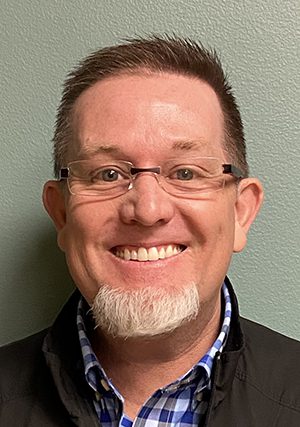Retirement is a significant milestone in one’s life, marking the culmination of decades of hard work and dedication. However, the traditional concept of abruptly ending one’s career — a ‘hard stop’ to working life — is a notion that raises concerns. This article delves into why the ‘hard stop’ retirement approach may not be the most beneficial strategy, drawing insights from the recent retirement of a friend’s father after a remarkable 50-year career.
The Illusion of the Ideal Retirement
After an illustrious career, my friend’s father looked forward to his retirement. His first agenda item was a well-deserved vacation, but beyond that, his plans were unclear. This lack of direction is concerning, especially for someone transitioning from a demanding work schedule to absolute leisure. This sudden shift could lead to boredom and adversely affect mental health, a risk often overlooked in retirement planning.
The Perils of a Sudden Transition
The ‘hard stop’ method — transitioning from a full-time to no job — is common yet unsettling. While brief vacations from work are refreshing, extended periods of inactivity can quickly become monotonous, triggering mental health issues. My friend’s father, currently enjoying the ‘honeymoon phase’ of retirement, might soon face the reality of an empty schedule, raising questions about his contentment post-retirement.
Advocating a Gradual Transition
A more pragmatic approach to retirement might involve a gradual transition. Reducing working hours over time instead of abruptly stopping work may offer a smoother adjustment. This might mean decreasing a 40-hour workweek to 30 hours, then 20, and so forth, or shifting to part-time or freelance work. In today’s gig economy, older workers have numerous opportunities to phase into retirement, either by consulting or exploring entirely new fields.
Financial Implications of ‘Hard Stop’ Retirement
Financially, abrupt retirement may be detrimental. Immediate reliance on savings for expenses might deplete retirement funds like 401(k)s or IRAs faster than anticipated. On the other hand, part-time work offers continued income, reducing the strain on savings and possibly enhancing Social Security benefits through delayed filing.
The Ideal Path Forward
Although my friend’s father has retired, the possibility of re-entering the workforce in some capacity remains open. This highlights the need for more flexible retirement plans and employer support for a phased approach. Such strategies could provide significant mental and financial advantages, making the transition to retirement a more fulfilling experience.
While retirement is a well-earned respite, transitioning into this life stage is crucial. Though traditional, the ‘hard stop’ approach might not be the most beneficial. A gradual reduction in working hours or part-time employment may offer a more balanced and fulfilling transition into retirement, safeguarding both mental well-being and financial stability. As we progress, it’s hopeful that more employers will recognize and support the need for flexible retirement pathways.
Consider planning your retirement transition with a phased approach for smoother adjustment and financial stability. Reach out to a trusted advisor to explore all available options.
- Abrupt Retirement Risks: The ‘hard stop’ retirement approach, transitioning suddenly from full-time to no work, can lead to boredom and mental health issues.
- Adjustment Challenges: Those used to a structured work life may struggle with the sudden lack of routine post-retirement.
- Gradual Transition Benefits: Easing into retirement through reduced hours or part-time work can provide a smoother adjustment and maintain mental engagement.
- Financial Considerations: A gradual transition can help manage retirement savings more effectively and potentially increase Social Security benefits.
- Flexibility in Retirement Planning: Exploring options in the gig economy or consulting can offer diverse ways to phase into retirement.
Brad Pistole, a native Missourian, is a member of Syndicated Columnists, a national organization committed to a fully transparent approach to money management. Syndicated Columnists is the sole provider of this material, both written and conceptual, for this column. All rights reserved.
Trinity Insurance & Financial Services Inc. 5511 N. Farmer Branch Rd., Suite 101, Ozark, MO 65721. 417-581-9222 Brad Pistole (retirevillage.com)
















